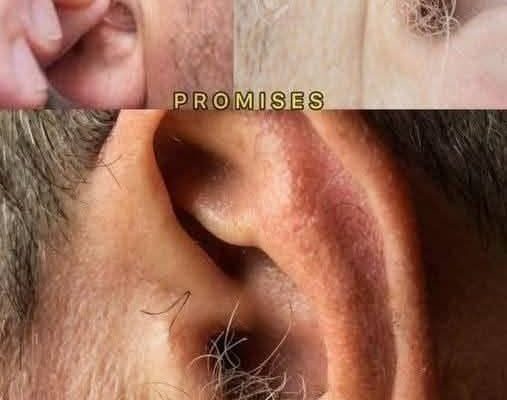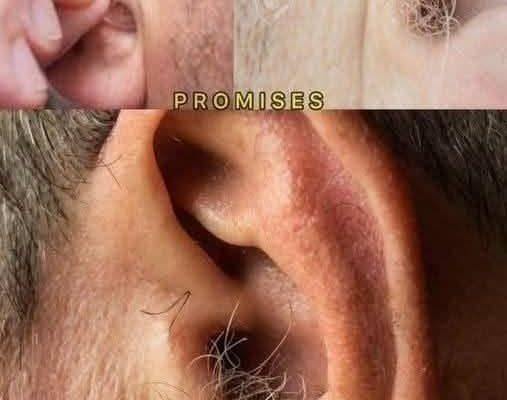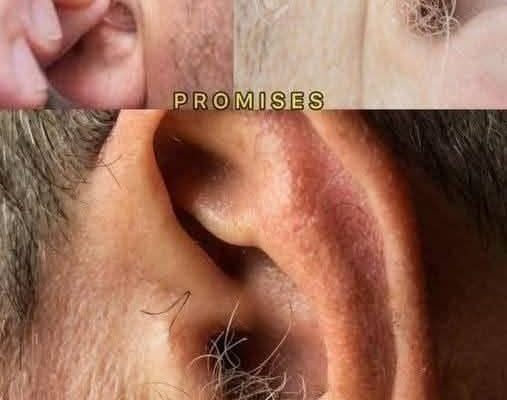😎DID YOU KNOW that if hair grows on your ears, it’s because your body is…See more
DID YOU KNOW that if hair grows on your ears, it’s because your body is…See more
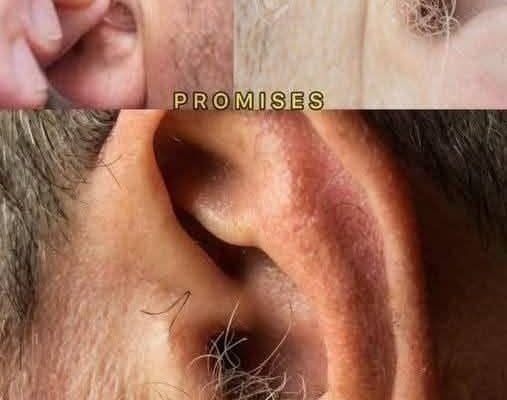
DID YOU KNOW that if hair grows on your ears, it’s because your body is…See more
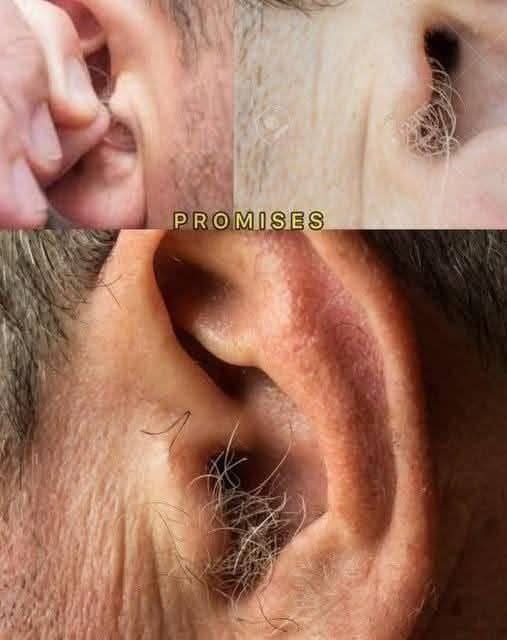
Why Are My Ears Hairy?
There’s hair outside and inside your ears. Usually it’s harmless, even if there’s lots of it.
Why Do Ears Have Hair?
Before you were born, your body had soft hair all over, including your ears. This is called lanugo. It can sometimes take a few weeks for it to go away, especially for babies who are born early.
Some people get more hair in and on their ears as they age — especially men. Doctors think it may be because of increased testosterone. This hormone makes hair coarser and thicker as it grays.
The hair just inside your ear works with earwax to keep dirt and debris away from your eardrum.
Farther inside your ear, tiny hairs help you hear and keep your balance. They live in canals full of fluid. When you move, the liquid moves with you. This bends the hairs and tells your body where it is in space.
What Causes Extra External Ear Hair?
Doctors don’t know exactly why some people have so much. For many years, researchers thought it was a trait men passed down genetically, through their Y chromosome. More recent studies say that isn’t true.
It’s rare to have very long hair on your outer ear. It’s most common in men who live in India and Sri Lanka. It’s rare, but babies born to women with diabetes can have hairy ears. Studies show that the better you control your disease while you’re pregnant, the less likely your baby is to have it.
There’s also a condition known as hypertrichosis, where hair grows all over your body. Some cases are genetic, but most aren’t. Other causes include:
• Certain medications
• Disorders of your metabolic or endocrine system
• Poor nutrition
• Infectious or inflammatory skin conditions
Genetic hypertrichosis usually happens along with another condition, like epilepsy, intellectual disability, or body malformations.
Extra hair inside your ear canal can put you at a higher risk for otitis externa, also known as swimmer’s ear. This is an infection in your outer ear. You get it when water and bacteria get trapped and the bacteria multiply. More hair in your ear gives the gunk more places to get stuck.
How Do You Get Rid of It?
Hairy ears won’t cause any serious health problems, but if you don’t like the way it looks or feels, you can remove it. You have several options:
Shave: For the cost of a razor and some shaving cream, you can shave it off. The downsides: You might cut yourself, and the results won’t last long. Your hair will grow back in 1–3 days. And your skin might get irritated from the razor, or the strands might not grow back correctly. This causes sore bumps called ingrown hairs. To trim inside your ear, use an electric razor made for the job, not a straight razor.
Pluck: Use tweezers to grab the base of a strand of hair and pull it out. Since it will come out by the root, it can take 1–8 weeks for it to grow back.
Wax: Use either cold or hot wax to remove hair and keep it off for 2–8 weeks. After you spread the wax on, it hardens. Use a paper strip to pull the wax off quickly, which also pulls out the hair.
Laser hair removal: A pro will target the bulb of your hair and use heat to destroy it. It’s expensive and can take 4-8 sessions, but it gets rid of the hair forever.
